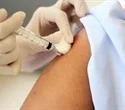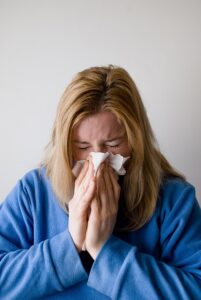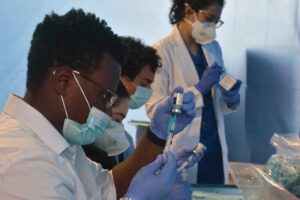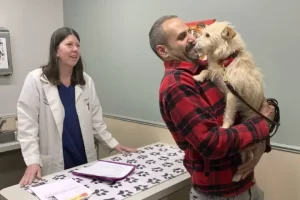Researchers have been developing mucosal vaccines that can be inhaled since the COVID-19 pandemic first broke out. Berlin-based researchers have now created a live attenuated vaccination for the nose. They report the unique immune protection it induces in “Nature Microbiology.”
In order to spread, coronaviruses mostly use the air. Those who are infected release saliva droplets that contain the virus when they talk, cough, sneeze, or laugh. These airborne pathogens are then inhaled by other humans, who then contract the infection. The mucous membranes of the nose, mouth, throat, and lungs are where the COVID-19 virus first gains traction, therefore a research team in Berlin made the decision to try to combat it there. In order to achieve this, the researchers created a live attenuated SARS-CoV-2 vaccination that is given through.
Two nasal vaccine formulations were already given the go-ahead for usage in India and China in the fall of last year. They contain modified adenoviruses that are self-attenuating, meaning they either reproduce poorly or cease to multiply altogether and so never cause disease. Adenoviruses are often responsible for respiratory or gastrointestinal ailments. Around the world, research and testing are now being done on further live nasal vaccinations.
The advantages of a nasal vaccine go far beyond just giving those who are needle-phobic a choice. Immunity is implied when a vaccination is given, especially in the blood and throughout the body. The downside to this is that because coronaviruses enter the body through the mucous membranes of the upper respiratory tract, the immune system only recognizes and fights them relatively late in an infection.










